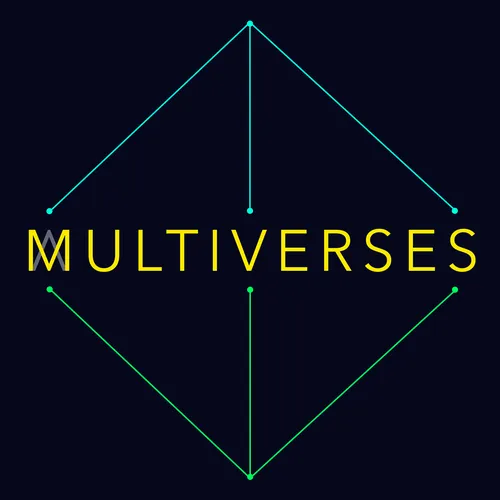
MULTIVERSES
Coffee table conversations with people thinking about foundational issues. Multiverses explores the limits of knowledge and technology. Does quantum mechanics tell us that our world is one of many? Will AI make us intellectually lazy, or expand our cognitive range? Is time a thing in itself or a measure of change? Join James Robinson as he tries to find out.
- Update frequency
- every 15 days
- Average duration
- 88 minutes
- Episodes
- 39
- Years Active
- 2023 - 2025

Consciousness is not Computation — Christof Koch
Christof Koch is a pioneering neuroscientist and one of the most prominent advocates of a scientific approach to consciousness. He has spent decades working at the intersection of neuroscience, philo…
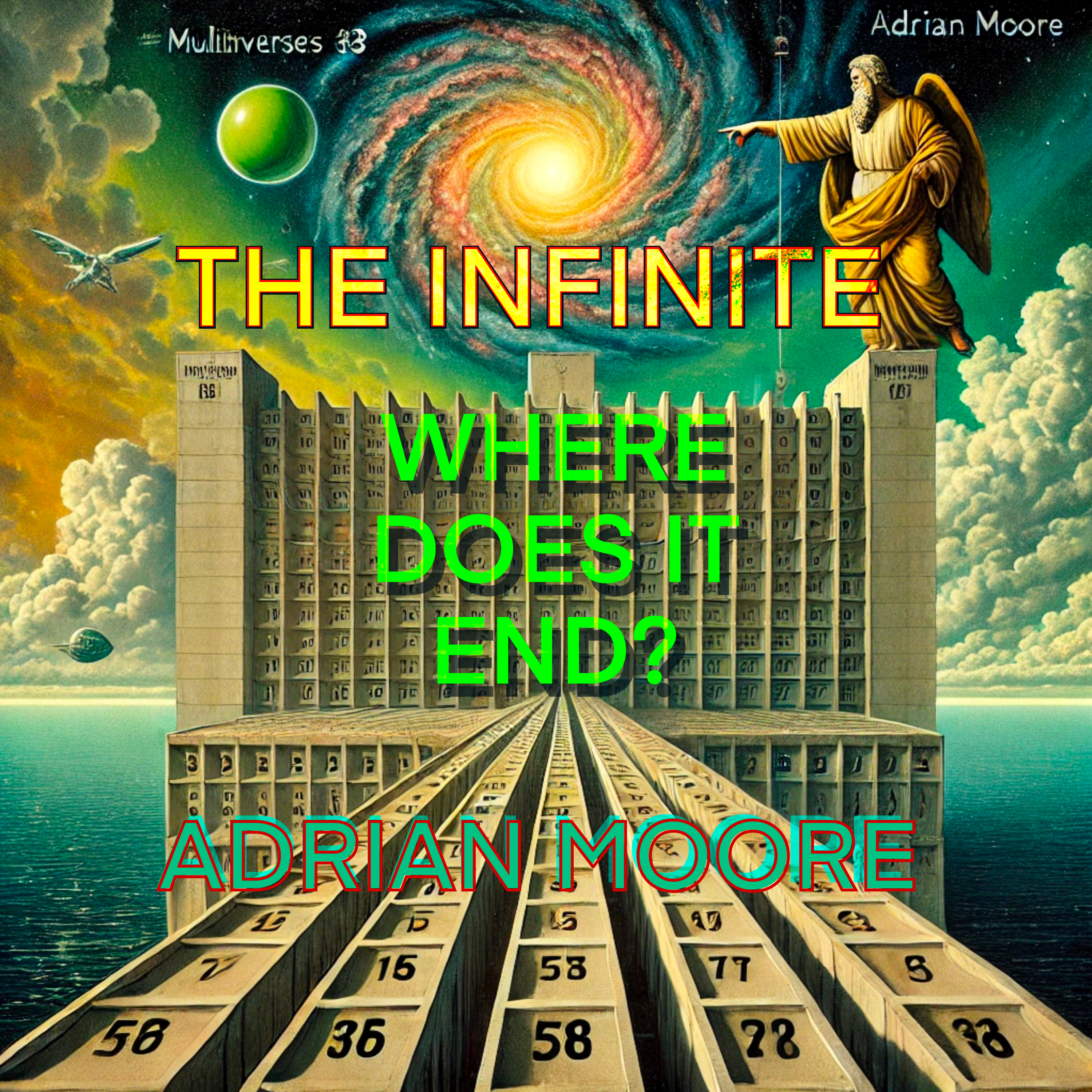
Where Does It End? — Adrian Moore on The Infinite
Infinity may seem simple, just the absence of limits. But the closer we examine it, the more it unravels into paradox and mystery. Can some infinities be larger than others? How can an infinite hotel…
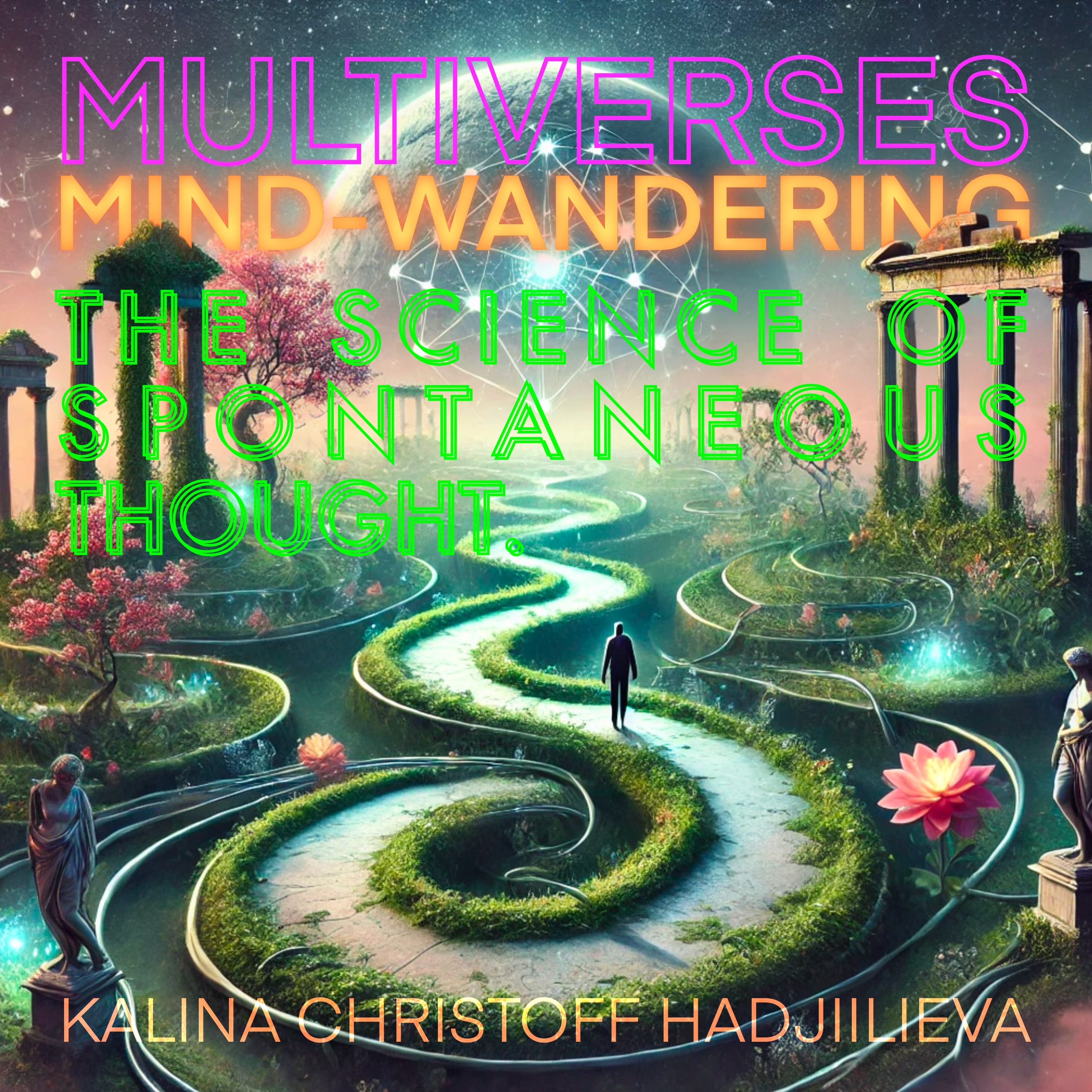
37| Mind-Wandering — Kalina Christoff Hadjiilieva on the Science of Spontaneous Thought
Mind-wandering is often dismissed as a distraction, an idle drift away from productive thought. But what if this spontaneous movement of the mind is not just a quirk of cognition but a fundamental fe…
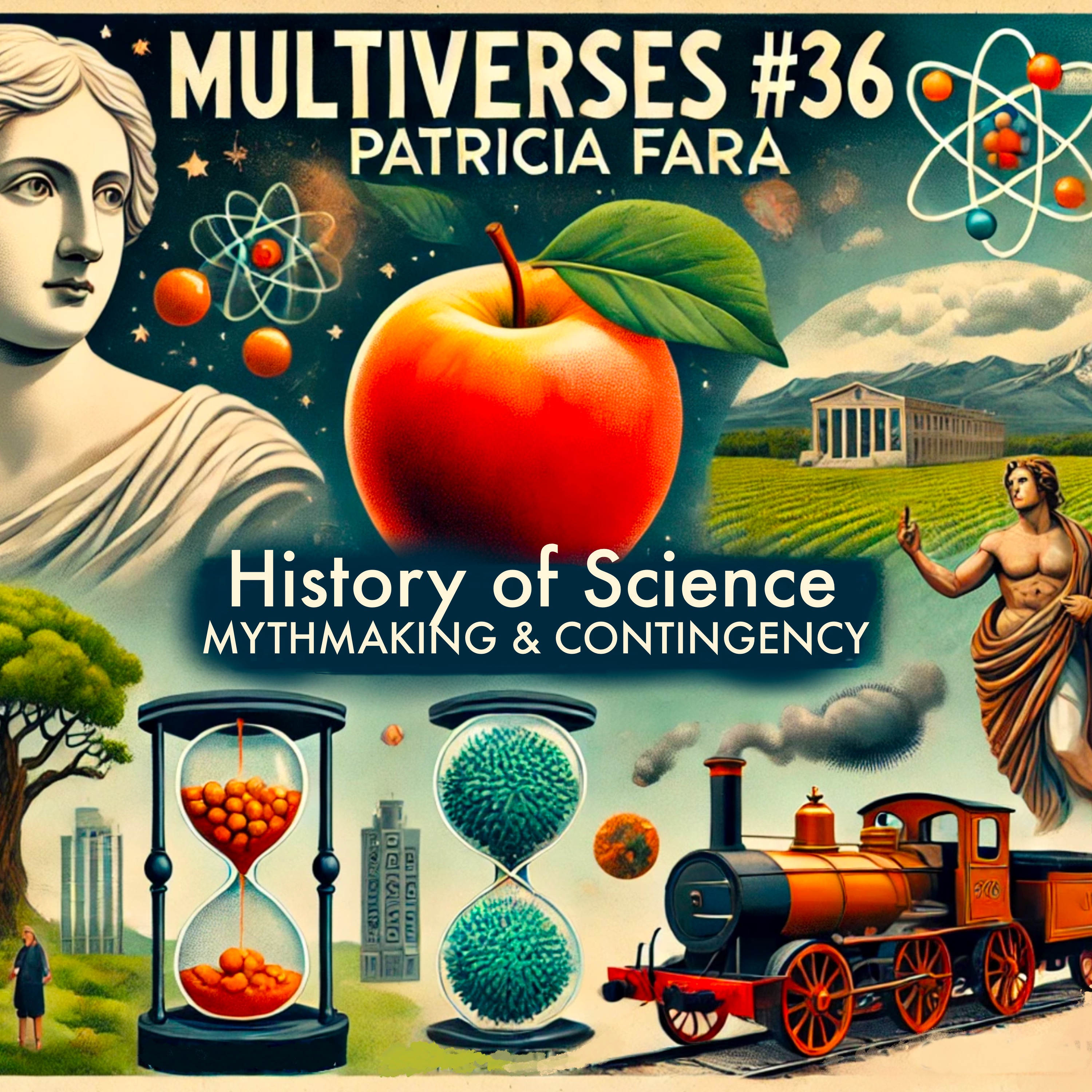
36| History of Science: Mythmaking & Contingency — Patricia Fara
Scientific discoveries can often be codified in simple laws, neatly stated in textbooks with directions on applying them. But the enterprise of science is embedded in society. It depends on individua…
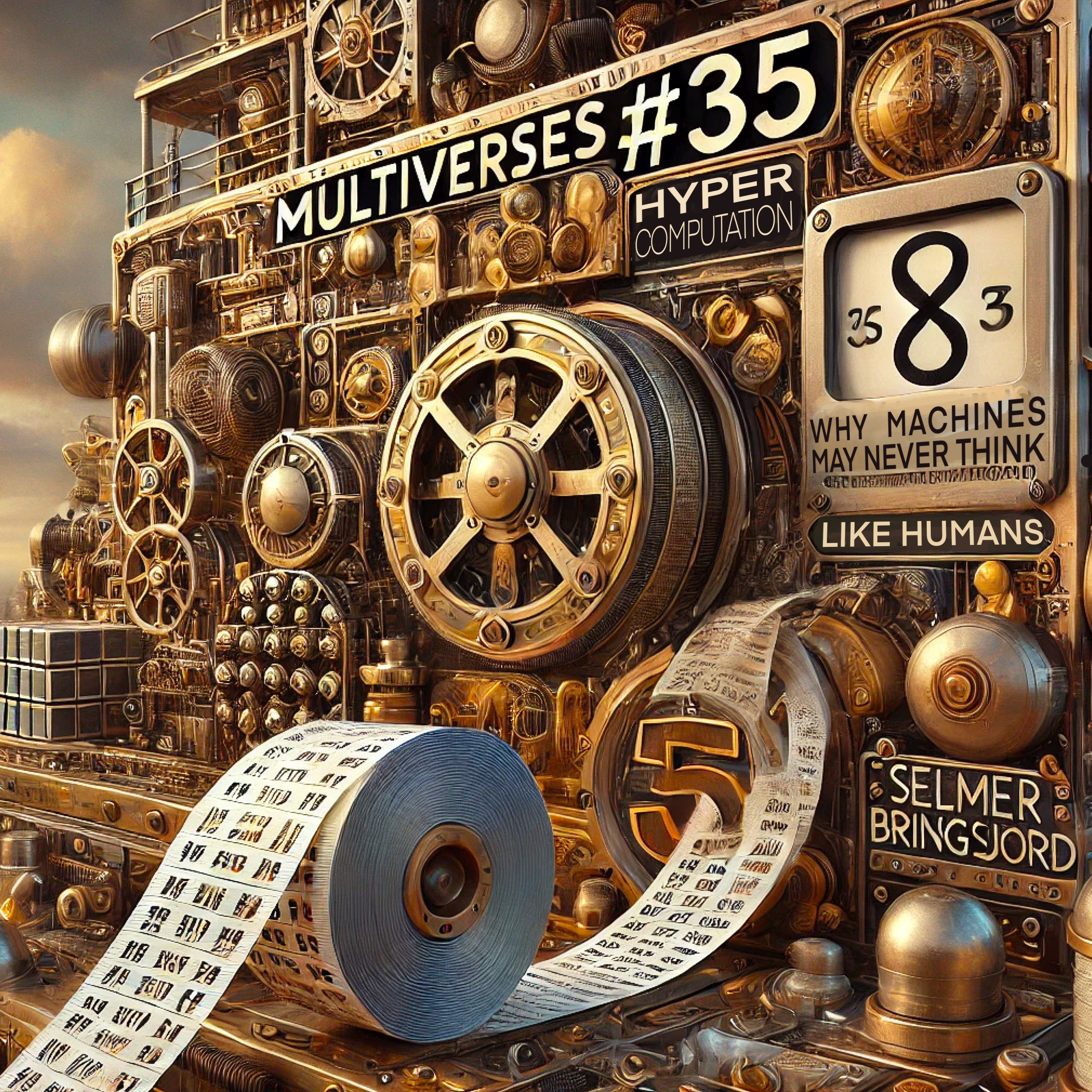
35| Hypercomputation: Why Machines May never Think Like Humans — Selmer Bringsjord
AI can do many things equally well as humans: such as writing plausible prose or answering exam questions. In certain domains, AI goes far beyond human capabilities — playing chess for instance.
We mi…
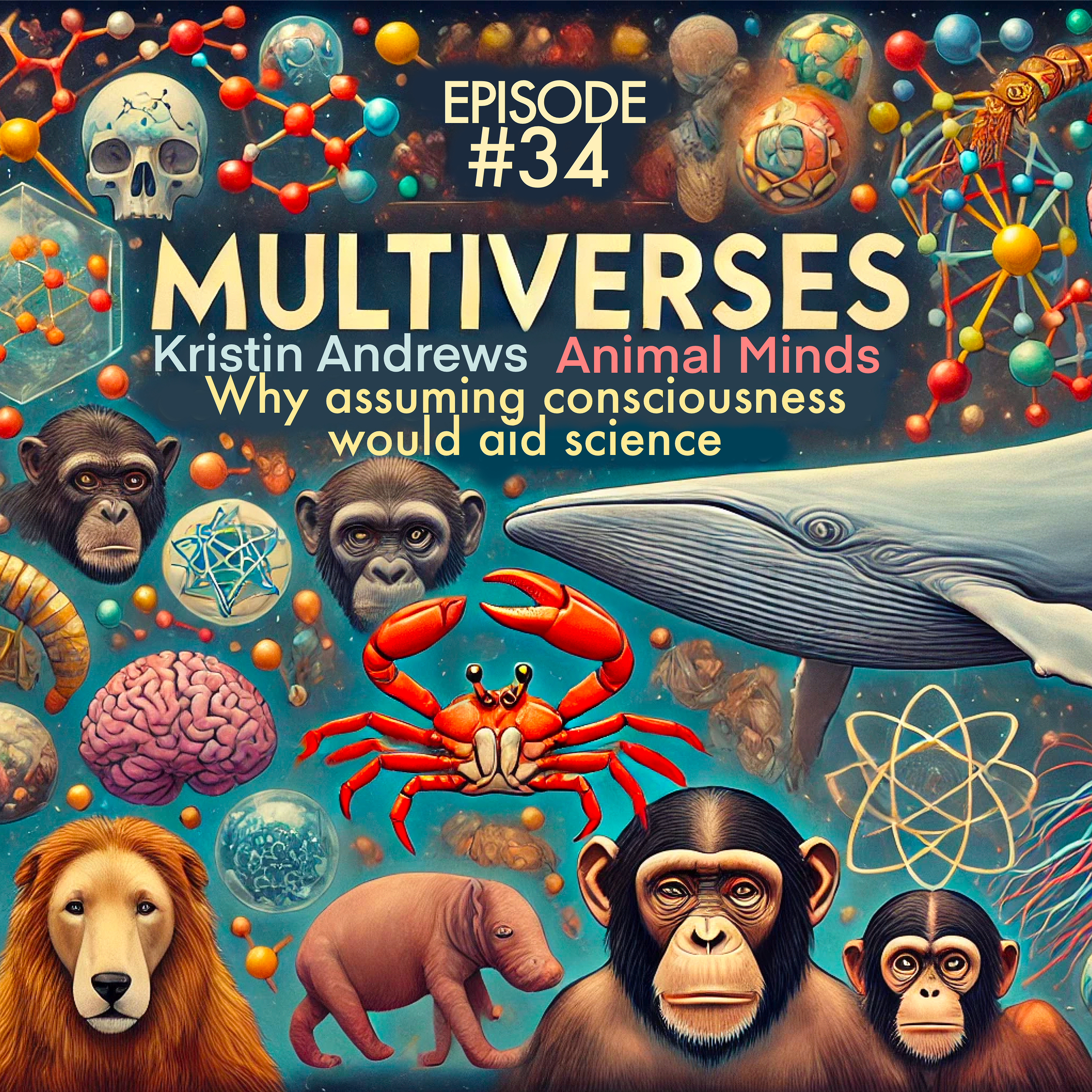
34| Animal Minds — Kristin Andrews on why assuming consciousness would aid science
There is no consensus on what minds are, but there is plenty of agreement on where they can be found: in humans. Yet human consciousness may account for only a small proportion of the consciousness o…
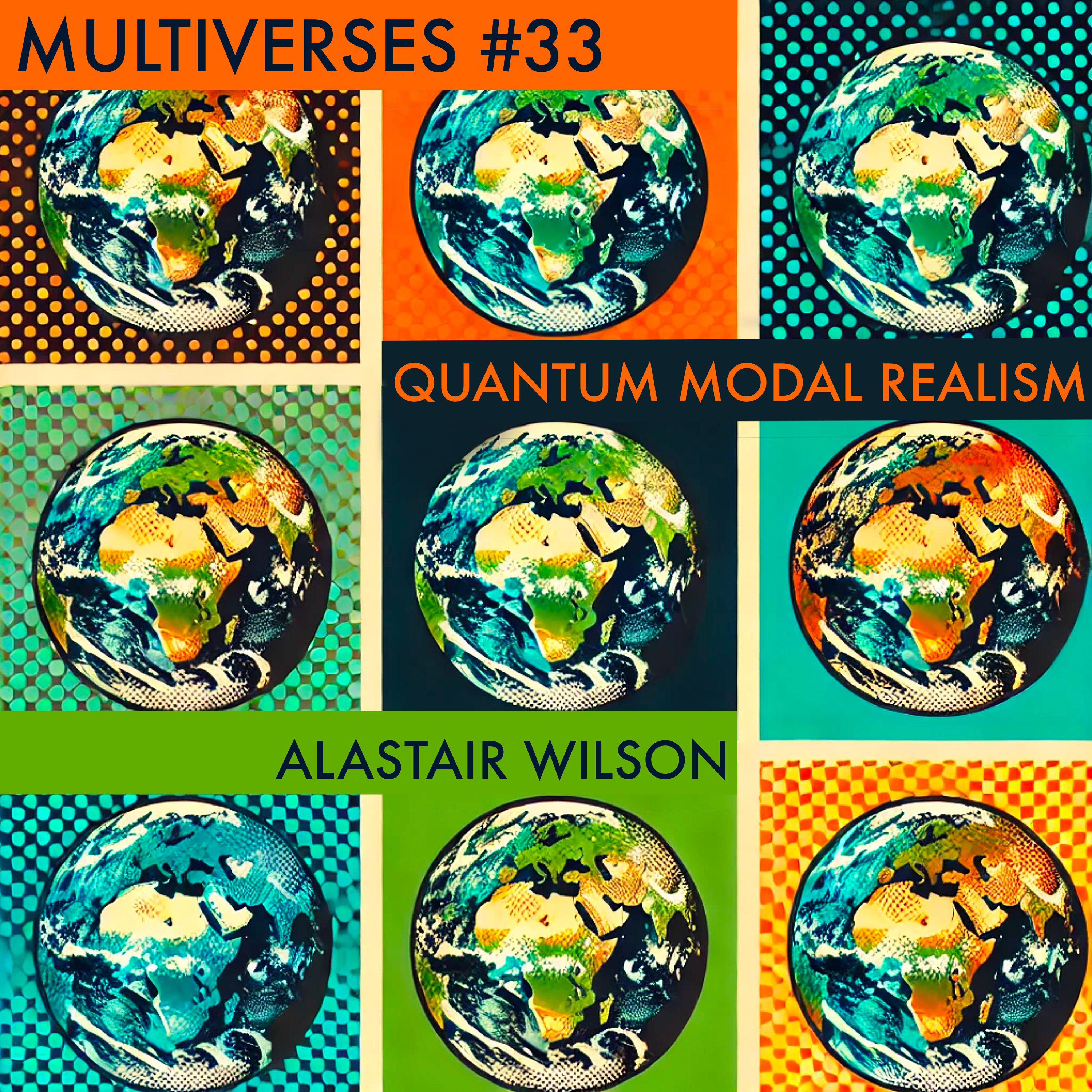
33| Taking Chance Seriously — Alastair Wilson on Quantum Modal Realism
Things happen. Or they don’t. How then should we make sense of claims that something might happen?
If all these claims do is express doubt, then the puzzle can be easily resolved. But if the claims ca…
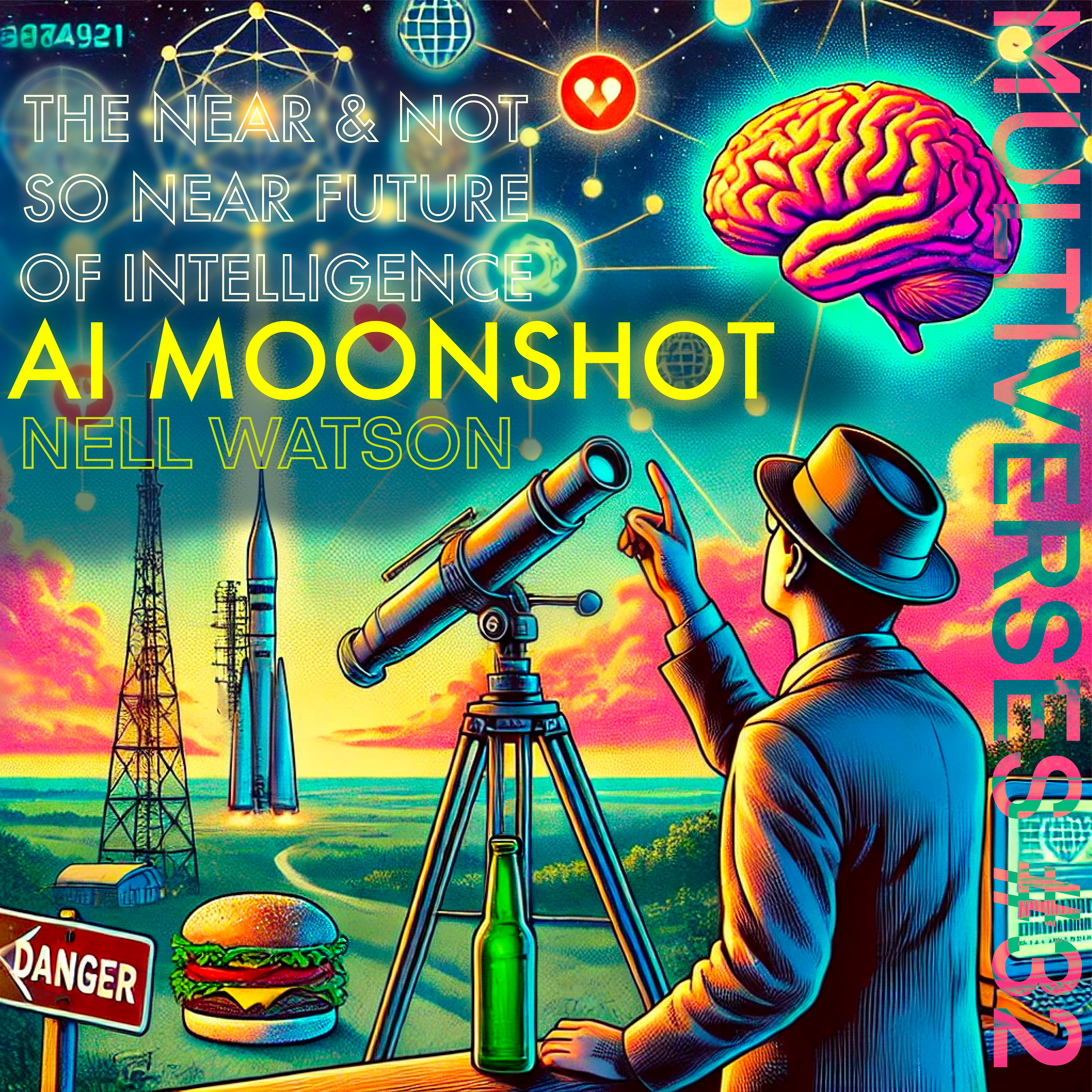
AI Moonshot — Nell Watson on the Near & Not So Near Future of Intelligence
The launch of ChatGPT was a "Sputnik moment". In making tangible decades of progress it shot AI to the fore of public consciousness. This attention is accelerating AI development as dollars are poure…
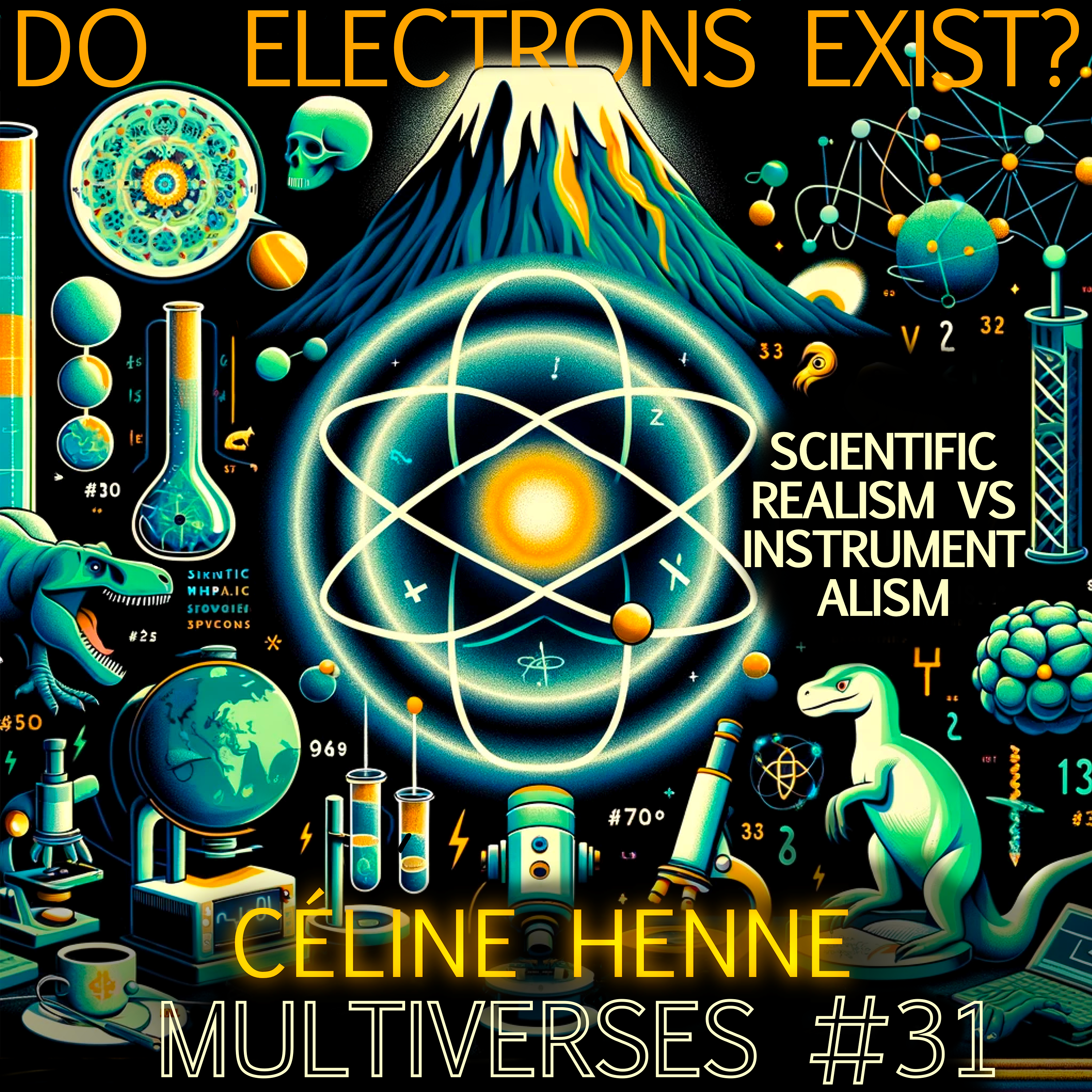
Do Electrons Exist? — Céline Henne: Physicist's Views on Scientific Realism & Instrumentalism
Physics helps get stuff done. Its application has put rockets in space, semiconductors in phones, and eclipses on calendars.
For some philosophers, this is all physics offers. It is a mere instrument…
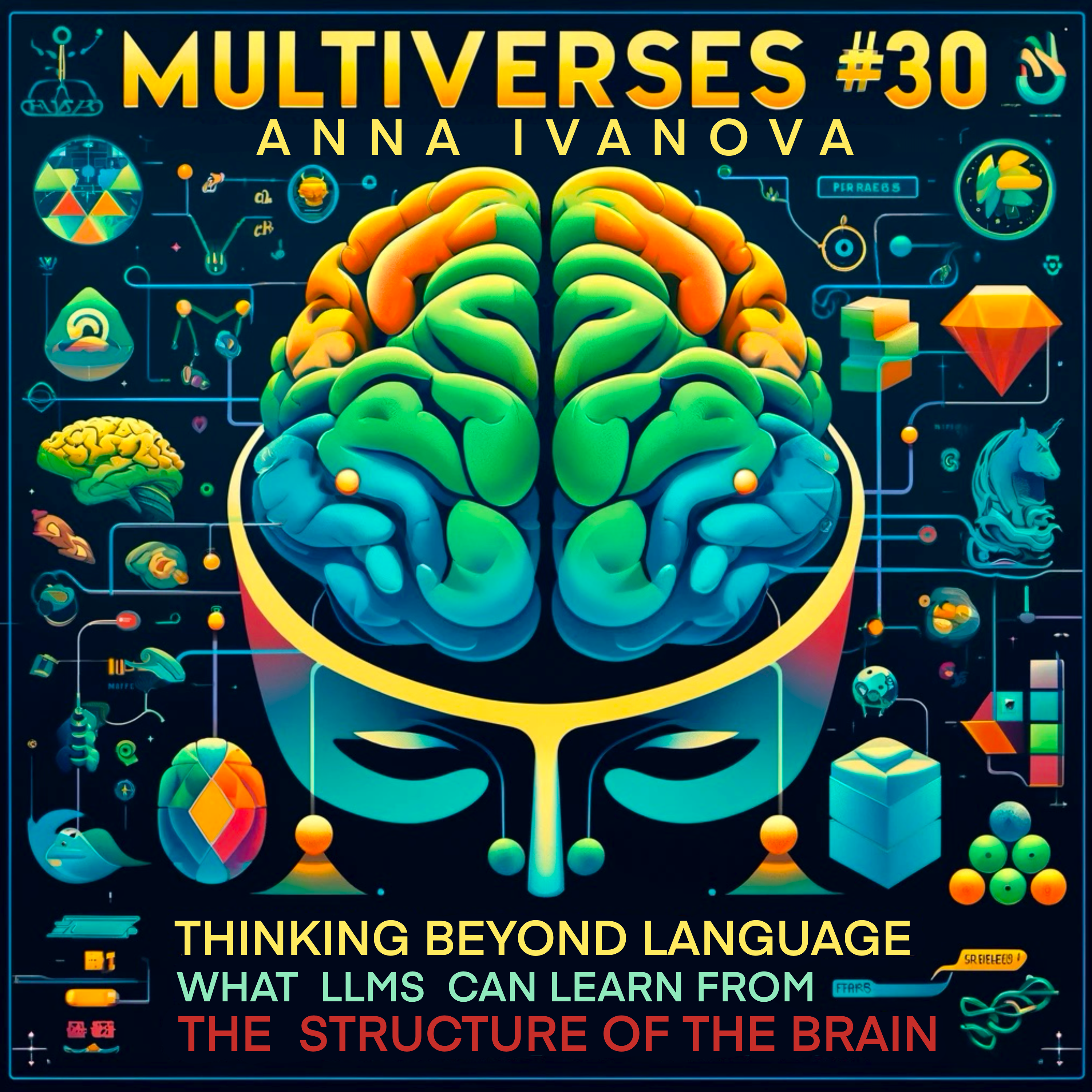
30| Thinking Beyond Language — Anna Ivanova on what LLMs can learn from the brain
It can be tempting to consider language and thought as inextricably linked. As such we might conclude that LLM's human-like capabilities for manipulating language indicate a corresponding level of th…
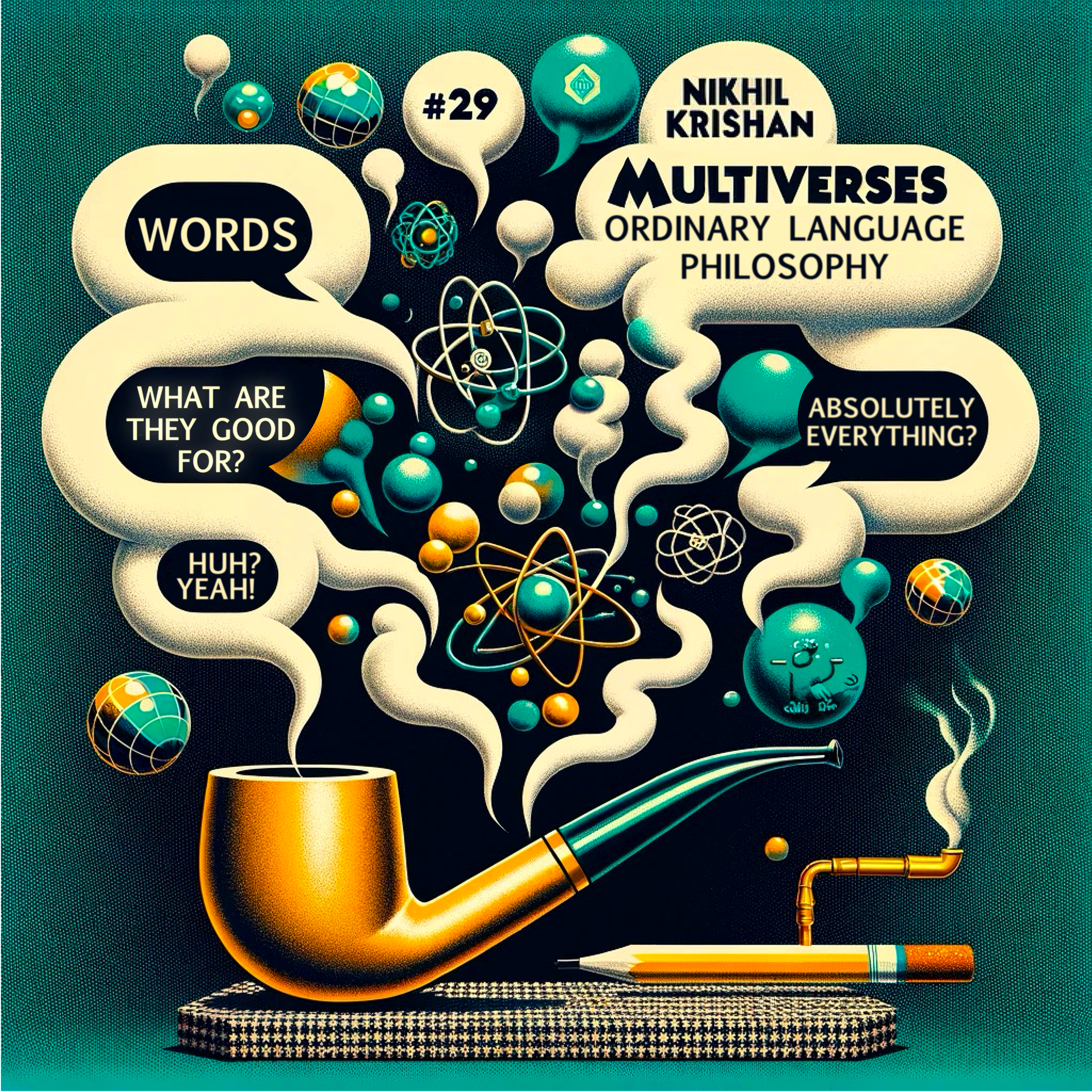
29 | What are words good for? — Nikhil Krishnan on Ordinary Language Philosophy
Words. (Huh? Yeah!) What are they good for? Absolutely everything.
At least this was the view of some philosophers early in the 20th century, that the world was bounded by language. ("The limits of my…
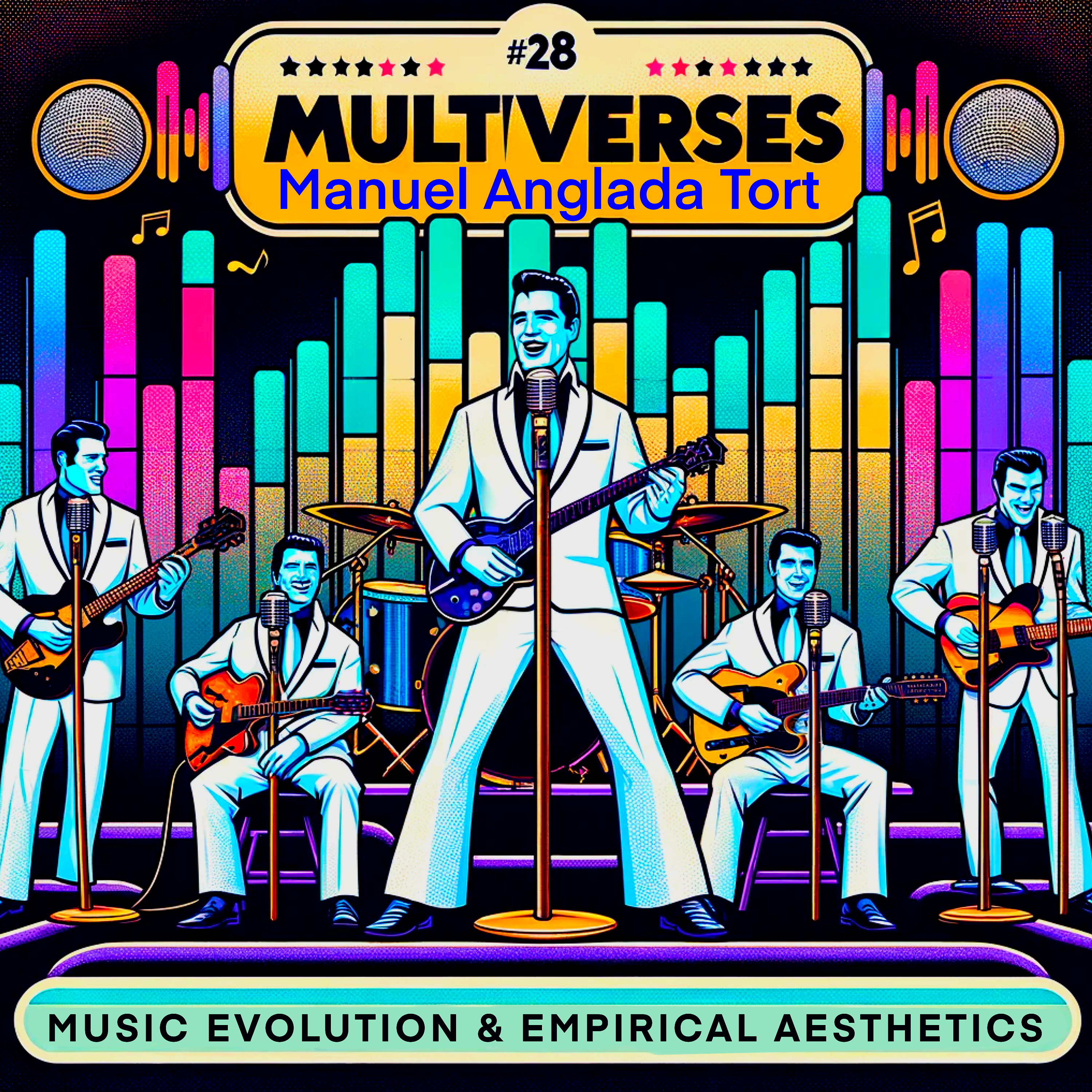
28| Music Evolution & Empirical Aesthetics — Manuel Anglada Tort
Music may be magical. But it is also rooted in the material world. As such it can be the subject of empirical inquiry.
How does what we are told of a performer influence our appreciation of the perfo…
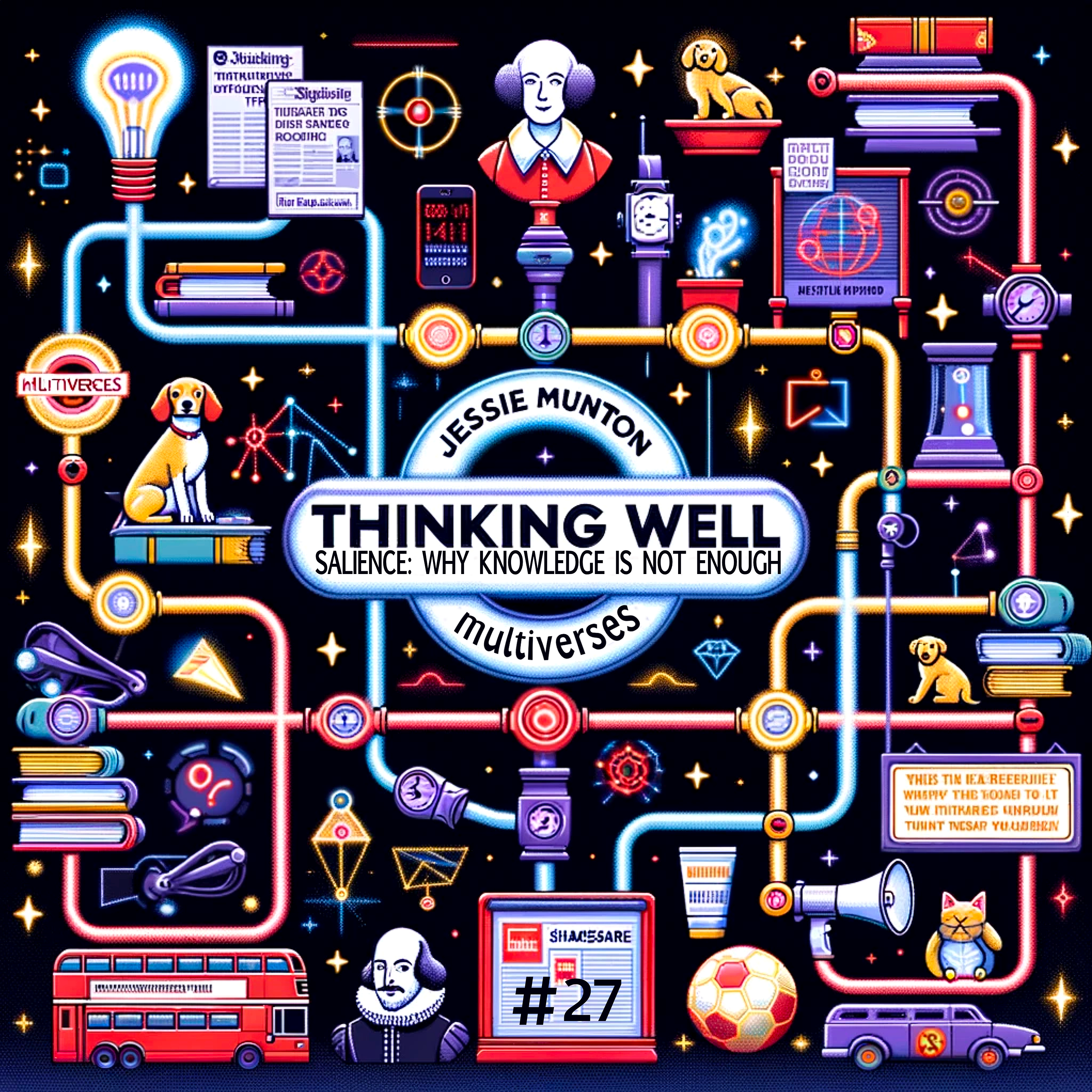
27| Why Knowledge is Not Enough — Jessie Munton
If all my beliefs are correct, could I still be prejudiced?
Philosophers have spent a lot of time thinking about knowledge. But their efforts have focussed on only certain questions. What makes it suc…
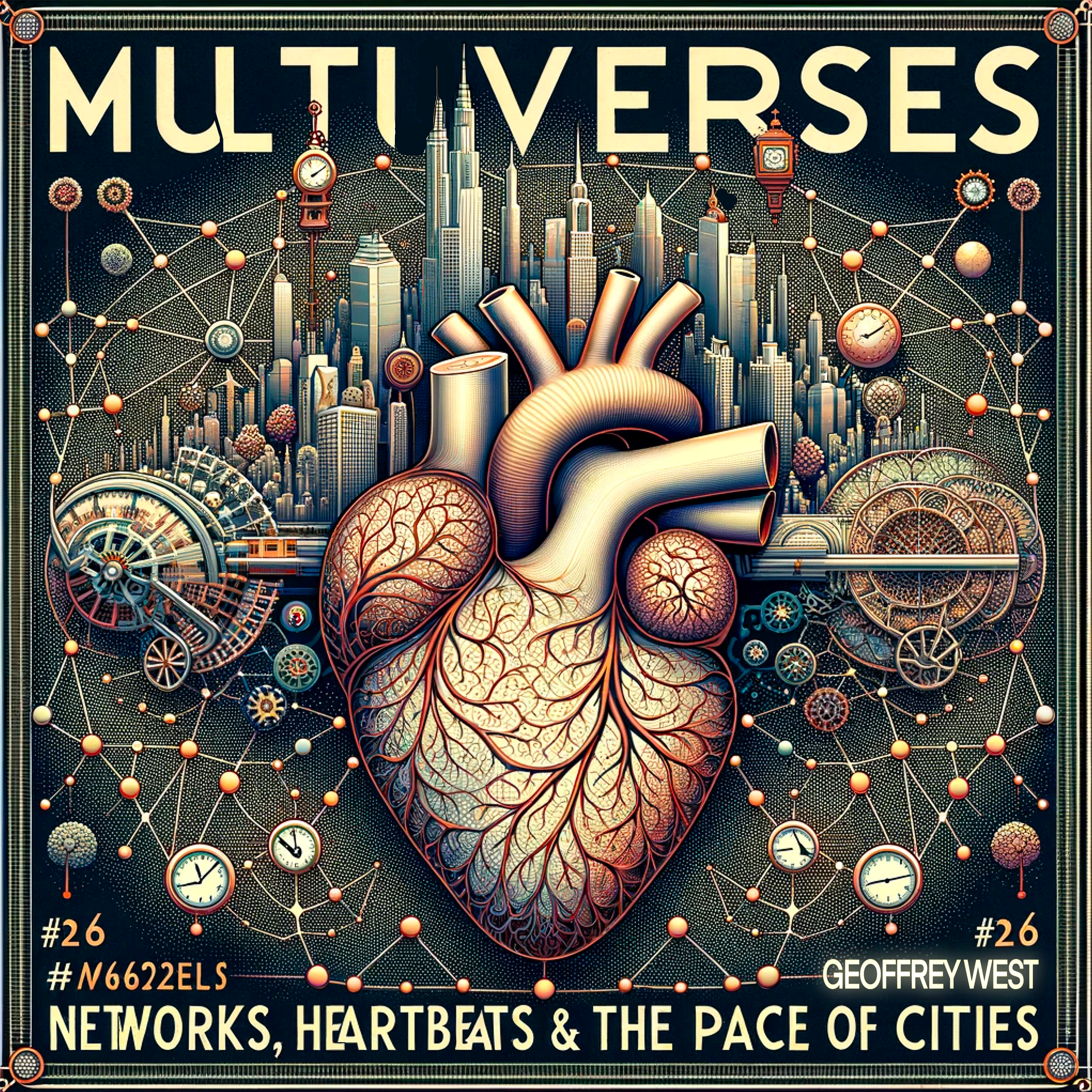
26| Networks, Heartbeats & the Pace of Cities — Geoffrey West
Why do whales live longer than hummingbirds? What makes megacities more energy efficient than towns? Is the rate of technological innovation sustainable?
Though apparently disparate the answer to th…
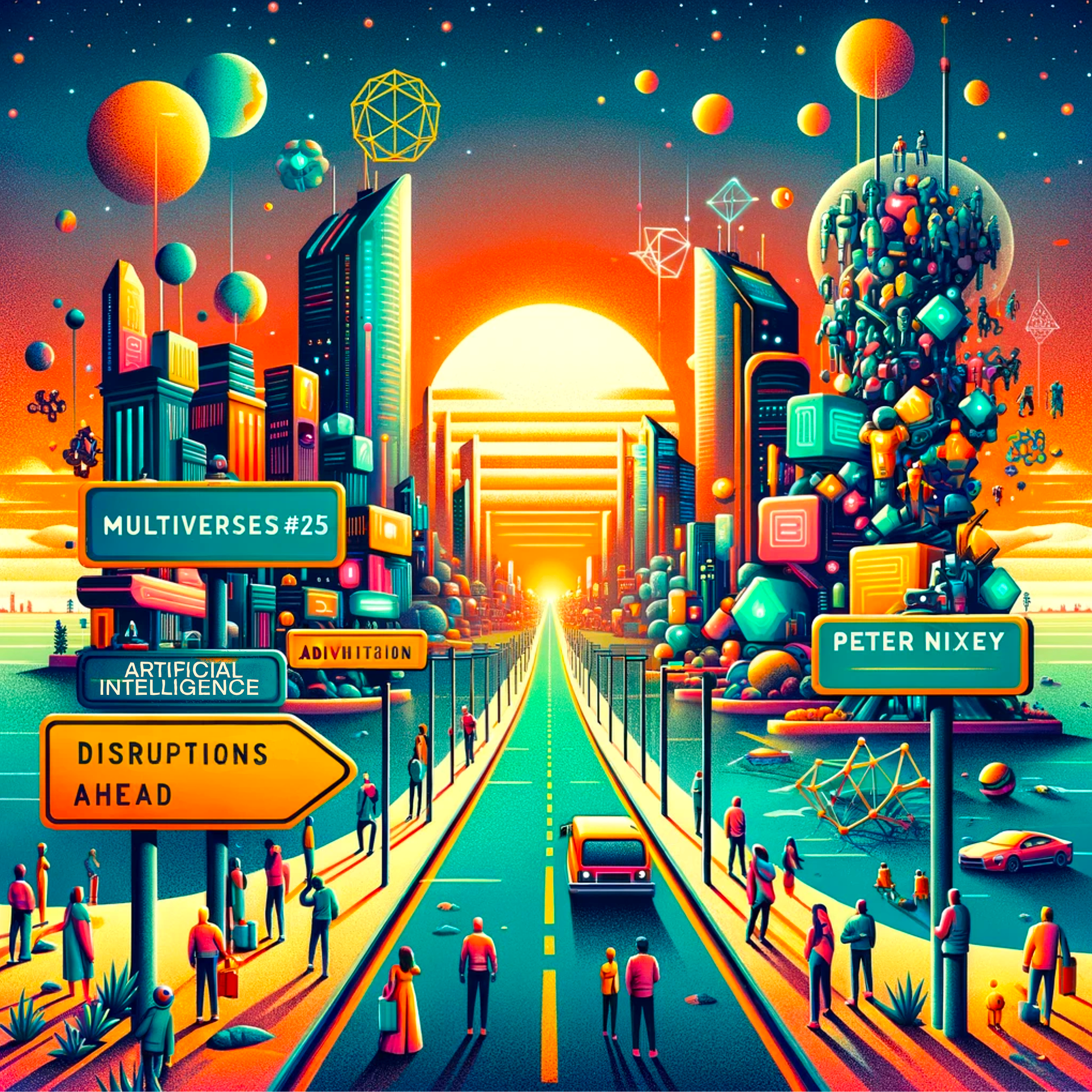
25| Peter Nixey — AI: Disruption Ahead
It's easy to recognize the potential of incremental advances — more efficient cars or faster computer chips for instance. But when a genuinely new technology emerges, often even its creators are unaw…
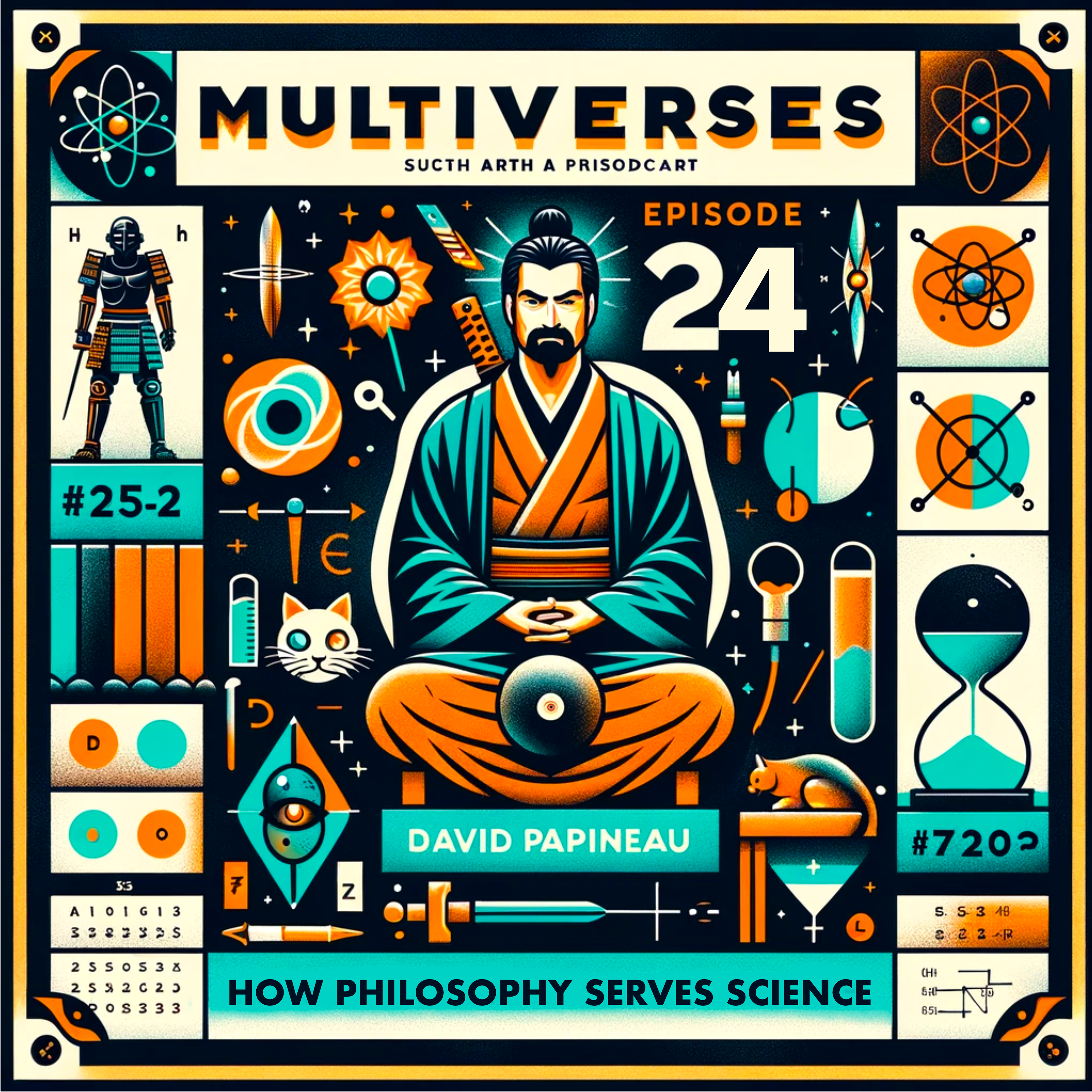
24| How Philosophy Serves Science — David Papineau
Are philosophy and science entirely different paradigms for thinking about the world? Or should we think of them as continuous: overlapping in their concerns and complementary in their tools?
David Pa…

23| Paulina Sliwa — Moral philosophy as puzzles of daily life
Why do men do less housework? What happens when an apology is offered? What are we looking for when we ask for advice?
These are the sorts of problems drawn from everyday experience that Paulina Sliwa…
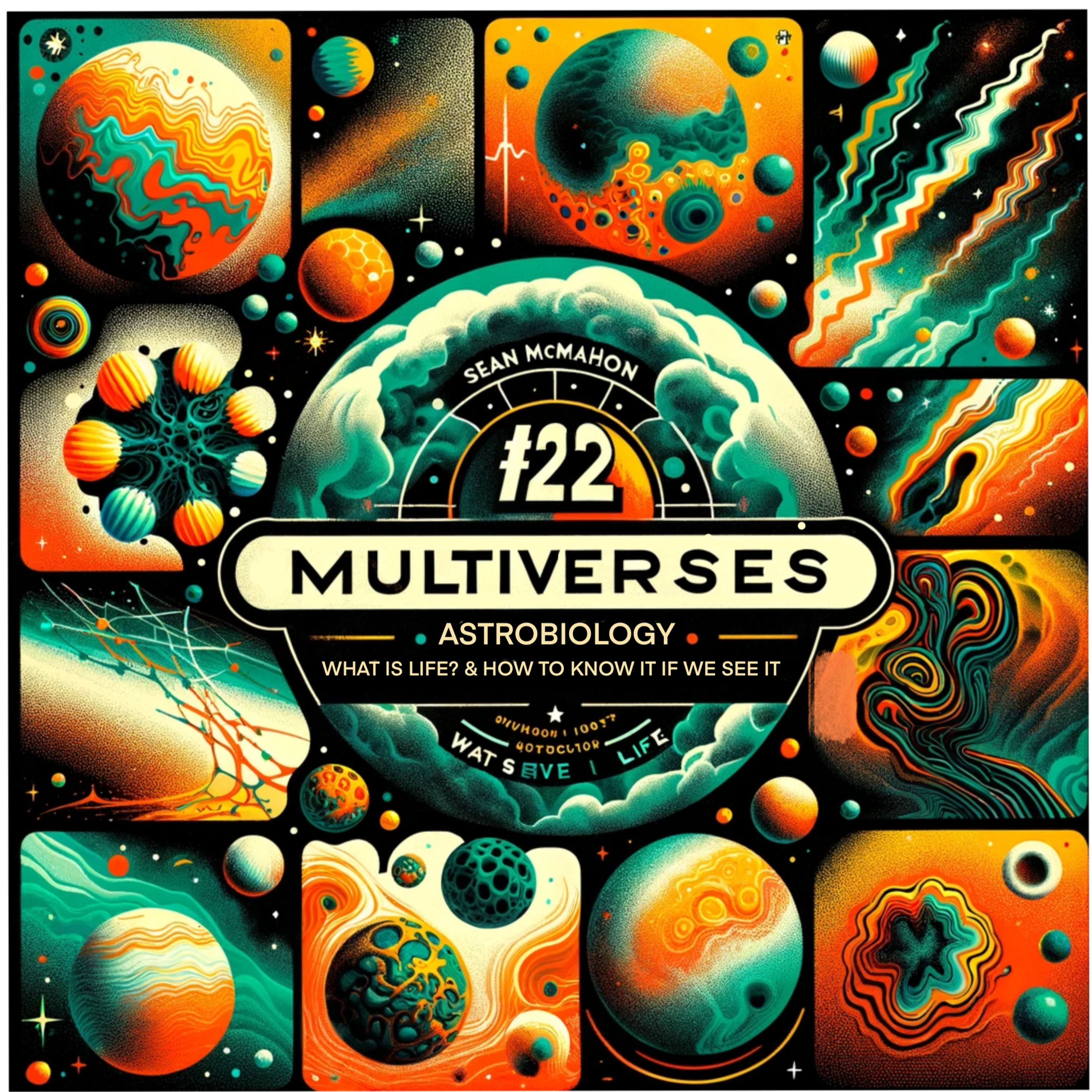
22| Sean McMahon — Astrobiology: what is life & how to know it when we see it?
Life. What is it? How did it start? Is it unique to Earth, rare or abundantly distributed throughout the universe?
While biology has made great strides in the last two hundred years, these foundationa…
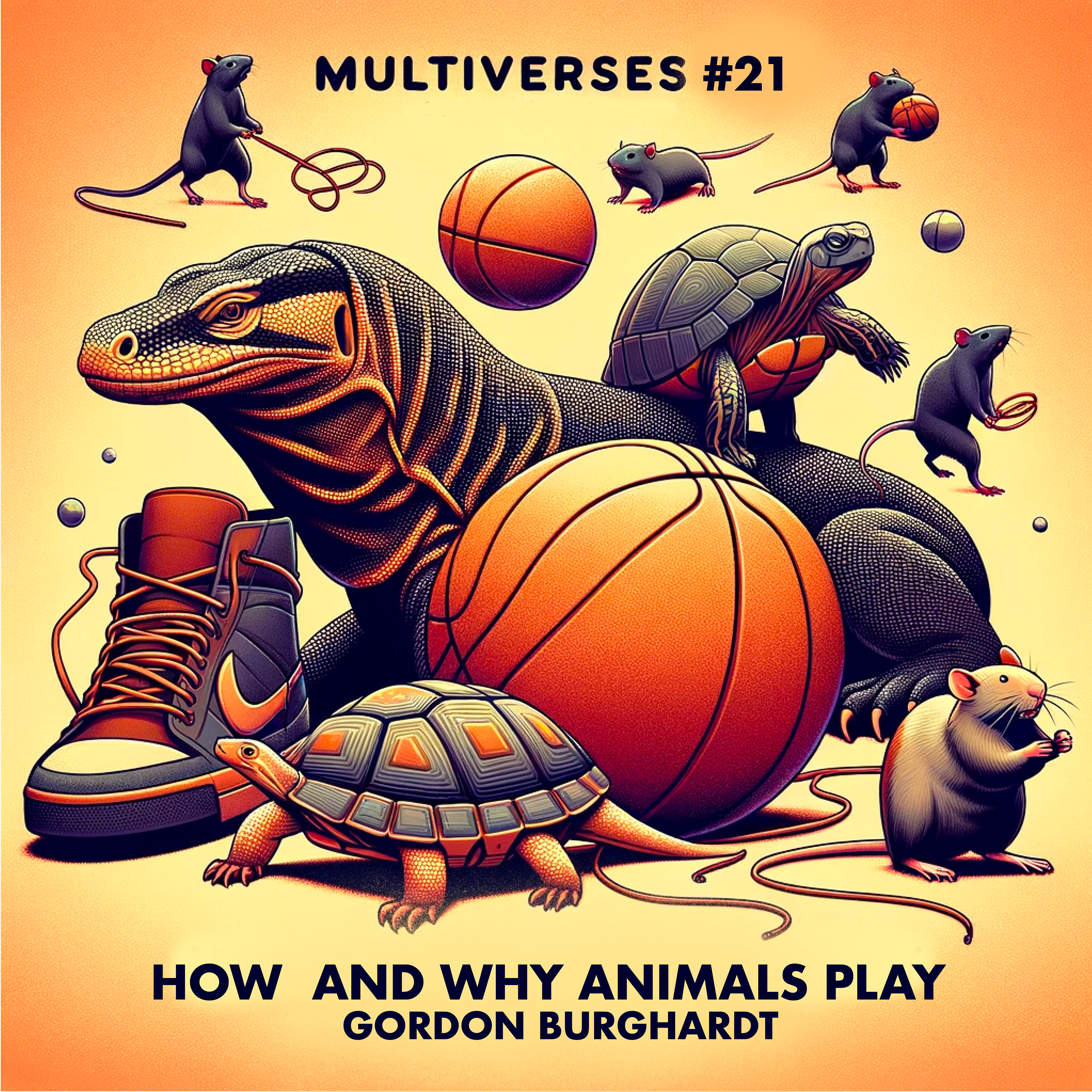
21| How and why do animals play? — Gordon Burghardt
Many animals play. But why?
Play has emerged in species as distinct as rats, turtles, and octopi although they are separated by hundreds of millions of years of evolution.
While some behaviors — hun…

20| Simon Kirby — Language Evolution & Emergence of Structure
Language is the ultimate Lego. With it, we can take simple elements and construct them into an edifice of meaning. Its power is not only in mapping signs to concepts but in that individual words can …